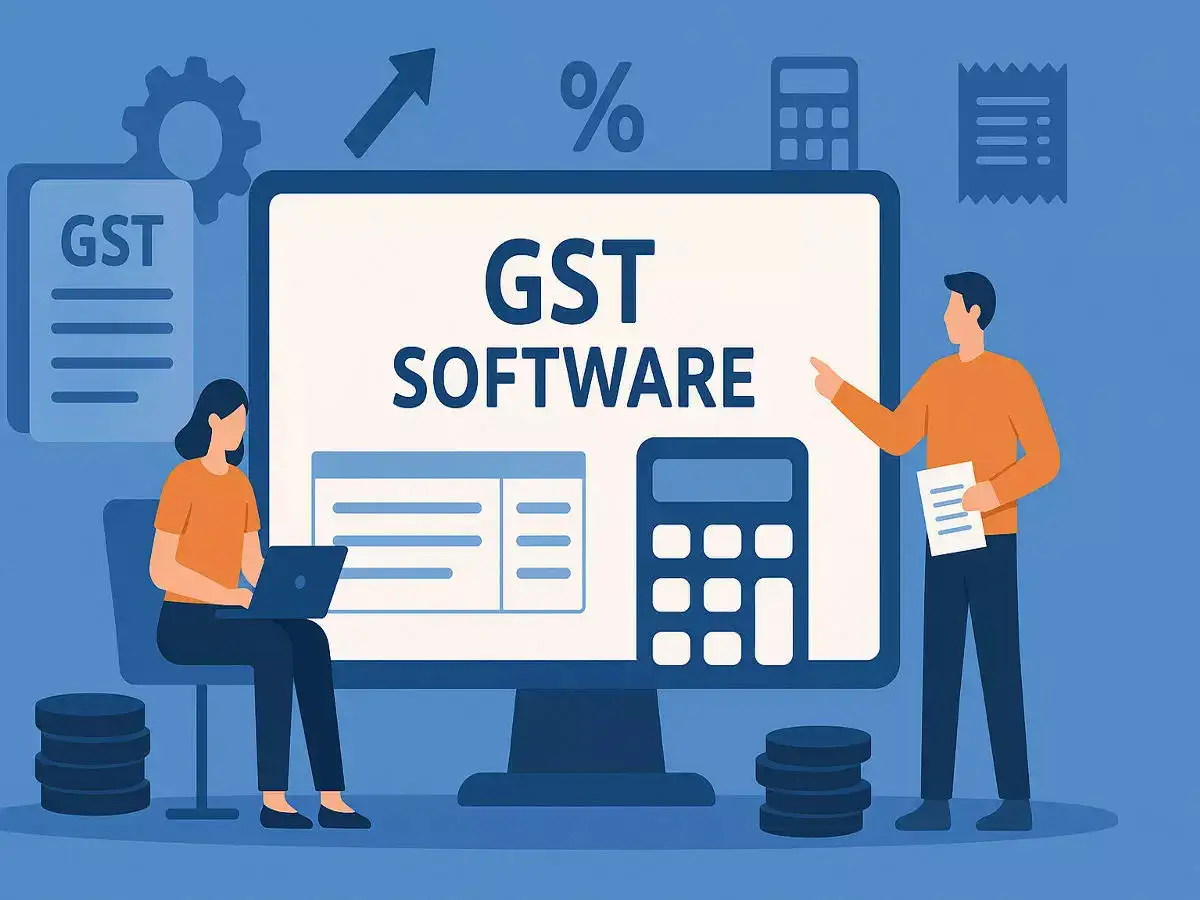By Neelanjit Das
Copyright indiatimes

Starting September 22, 2025, the new goods and services tax (GST) rates have taken effect, which means GST-registered taxpayers must update their software and systems to accommodate the new rates.Income Tax GuideIncome Tax Slabs FY 2025-26Income Tax Calculator 2025New Income Tax Bill 2025Chartered Accountant Akhil Pachori said on X (previously known as Twitter) that to implement the changes in the GST rate, you’ll need to make some minor adjustments to the respective software that you use.Step-by-step guide on how to give effect to new GST ratesNabendu Das, Chief of Engineering and Product, Tally Solutions, told ET Wealth Online that GST-registered taxpayers have to first define the tax rates at various levels based on the business practice, namely at the company level, at the ledger or ledger group level and at the item or item group level.Step-by-step guide: (here we have taken the example of Tally but the process is similar in other software as well)● Navigate to GST Rate Setup report● Select the master (Example: item/ledger) where changes are needed. These are already grouped by tax rates. ● Update the new tax rate (Example: 12% changed to 5%) with effective date as September 22, 2025. Note: This can be done in bulk.● For all subsequent transactions starting from 22nd September, new tax rates will fill in the transaction. ● If any missed transactions are accounted for older dates (prior to 22nd September) it will consider old rates.Important aspects of giving effect to new GST ratesDas said that it is advisable to provide GST rates in ledger or ledger groups or stock groups so that changes are minimal (as opposed to altering all impacted items one-by-one).In case of inadvertent errors (Ex: old rates were applied even after 22nd September) Tally helps to take corrective actions through the mechanisms of error detection, via invoice amendments or by issuing credit/debit notes.Also read: Taxpayer with unexplained investment gets part relief in ITAT Delhi due to his socio-economic status, know what it meansSome frequently asked questions about GST rates from September 22, 20251. When will the revised GST rates come into effect?Starting 22nd September, 2025, as recommended by the GST Council, the new GST rates have come into effect.2. What has changed in GST from 22nd September, 2025?From this date, revised GST rates on several goods and services come into effect, based on the GST Council’s decisions. The changes are aimed at simplifying rates, removing anomalies, and making the system easier for both businesses and consumers.3. Will GST registration rules change from 22nd September, 2025?No. The threshold limits for GST registration remain the same. Only the tax rates on certain supplies are being revised.4. Which notification will notify the revised GST rates?The changes will be notified through official rate notifications issued by the Government. These notifications are available on the CBIC website.5. What will be the applicable rate of tax if goods or services were supplied before the GST rate change, but the invoice was issued later?In such cases, the applicable rate will depend on the “time of supply” rules under Section 14 of the CGST Act . If both supply and payment were made before 22nd September, the earlier rate will apply. However, if supply was before but invoice or payment comes after 22nd September, the revised rate will be charged.6. What GST rate will apply if advances were received before the rate change but the supply or invoice is issued later?The rate depends on the timing of the advance. Advances received before 22nd September will be taxed at the old rate. If the advance is received on or after 22nd September, or if the supply is completed later, GST will apply at the revised rate.Also read: CBDT asked to extend ITR filing deadline to October 31, 2025 for tax audit cases by Gujarat High Court7. Will e-way bills need to be cancelled and reissued for goods in transit when the new GST rates take effect?No. E-way bills issued before the rate change remain valid for their full duration. Goods already in movement with a valid e-way bill do not need a fresh bill after 22nd September.8. If I already hold stock on the date of the rate change, should I apply the revised rate on supply?Yes. GST is charged on the date of supply, not on the date of purchase. So, even if the stock was purchased earlier, any supply made on or after 22nd September will attract the new rate.9. What will happen to ITC on purchases made before the change in GST rates? Will you get ITC at a reduced rate now?You can claim full ITC (Input Tax Credit) on purchases made before the rate change, as long as GST was charged correctly at that time. The later change in rates will not reduce the credit already available to you. In short, whatever tax you paid earlier remains valid credit in your GST ledger.Also read: FD rate up to 8.4% for senior citizens investing for five years; Know the full list of banks10. My outward supply is exempt under the new rate schedule, but I already have ITC in my ledger. Do I need to reverse it?You can use the ITC balance for supplies made up to 21st September, 2025. But from 22nd September, once your supply becomes exempt, the ITC related to it cannot be used and must be reversed as per GST rules.11. Will I be allowed to claim refund of accumulated credit under inverted duty structure for supplies made up to the effective date of the revised rate?No. Refund of accumulated ITC under inverted duty is available only where inputs are permanently taxed at a higher rate than outputs. If the difference is only because of a rate change over time on the same goods, refund is not allowed.12. Which life insurance policies are covered under the GST exemption?The exemption applies to all individual life insurance policies, including term plans, endowment policies, as well as ULIPs. Reinsurance of these individual policies is also exempt.13. Which health insurance policies are covered under the GST exemption?Individual health insurance policies, including family floater and senior citizen plans, are exempt from GST. Reinsurance of such individual policies is also exempt under this decision.



